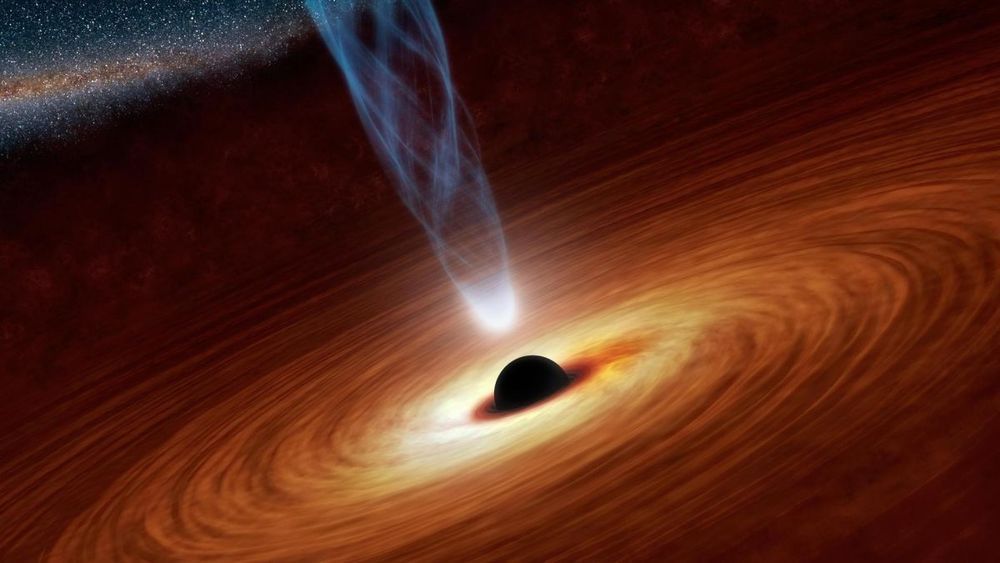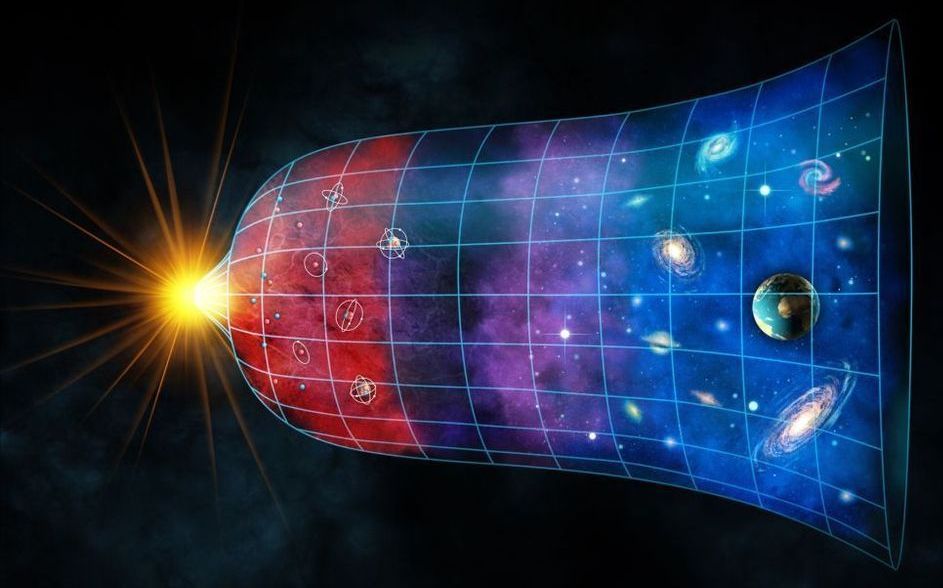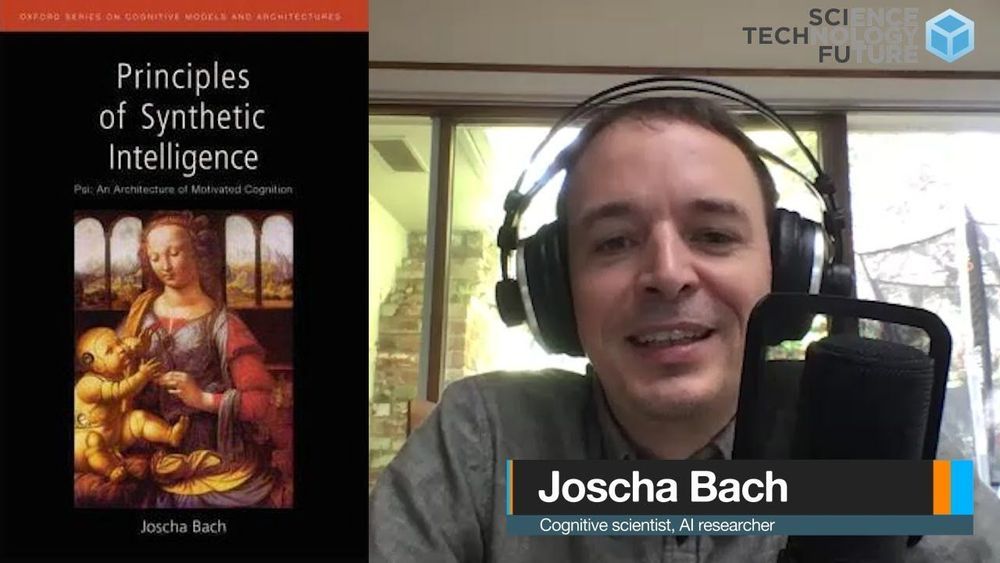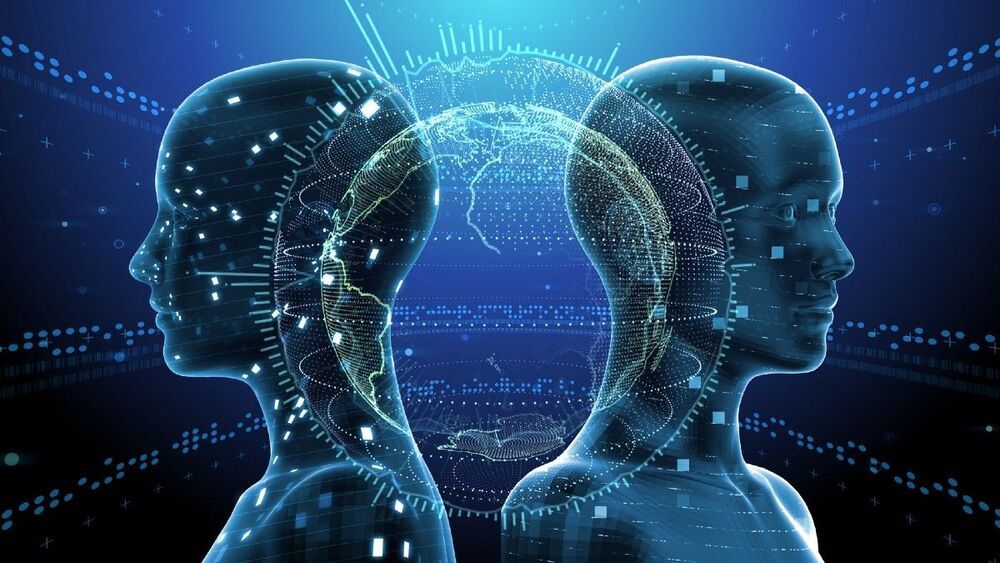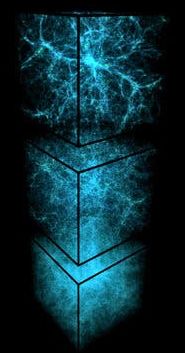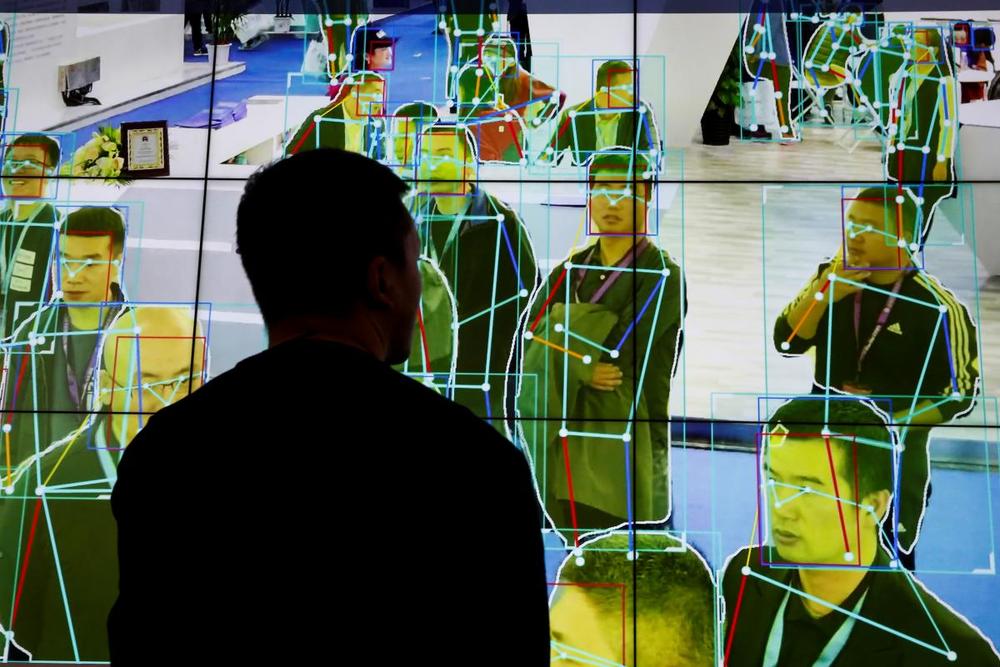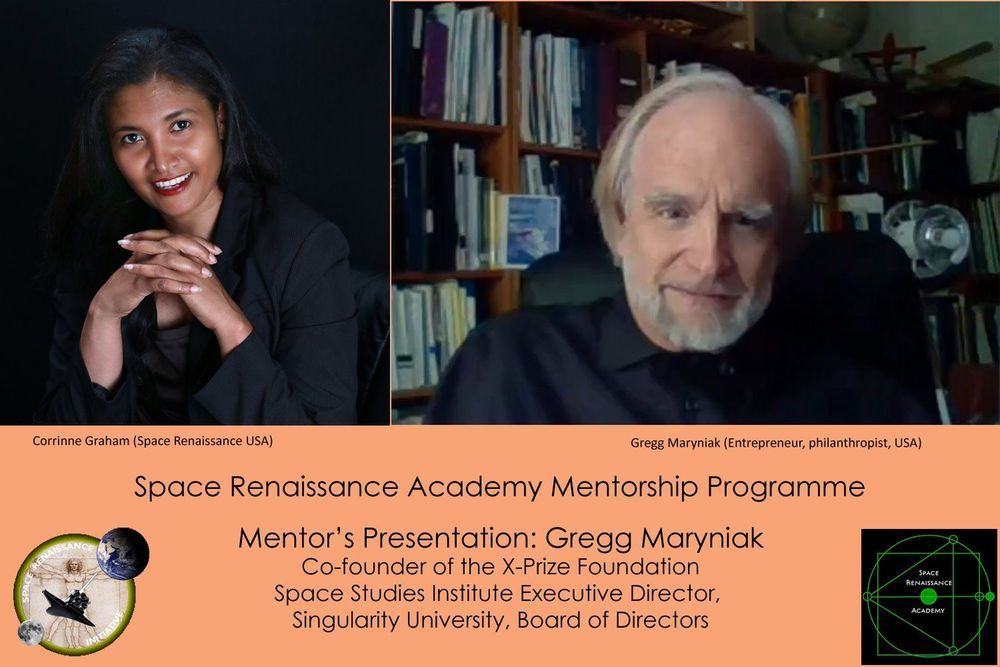
Corrinne Graham (Economic financial analyst, Space Renaissance USA) interviewed Gregg Maryniak, about his history, motivation and aims to inspire young generations to find their way to the outer space. Gregg is the co-founder, together with Peter Diamandis, of the X-Prize Foundation. The X-Prize is recognized, by the space community, as the initiative that triggered the New Space revolution, by demonstrating that the low cost access to space was feasible and mature. He was the Executive Director of the Space Studies Institute, founded by Gerard O’Neill in Chicago, US. He’s on the Board of Directors of the Singularity University and keeps on restlessly working to inspire and motivate youngs, students and public opinion at large, explaining why human expansion into space is needed and very urgent, in order not to miss our “launch window”. During the conversation, we acknowledged that we agree on many points, all of them primary relevant to the survival and continued progress of civilization. Namely the common appreciation for the O’Neill’s model, that gives priority and preference to artificial rotating structures – the “space colonies” – since they assure 1G artificial gravity. Also, we are 100% in tune about the extreme urgency of kicking-off civilian expansion into outer space, and the subsequent need to make people to understand it. The big risk – said Gregg — is to miss our launch window, the period in which social and economic conditions are favorable to begin really moving into space. When I asked him whether he thinks that humanity is doing everything that is to be done, and if we are in time, on our evolutionary road to space, his answer was a clear “NO”. So we understood that we also agree on the most urgent technology advances to be raised as priority: the enabling technologies, necessary to bring untrained civilians to travel, live and work in space. Namely low acceleration vehicles, protection against cosmic radiations, artificial gravity, green environments and artificial ecosystems in space habitats. Gregg is a great achievement indeed, in our SR Academy Mentorship Programme. After this first meeting, we’ll try to hold other ones, properly announced on social networks, with the target to bring the above discussion to large public opinion. Stay in tune! https://spacerenaissance.space/gregg-maryniak-interviewed-by…programme/
CHECK THE SPACE RENAISSANCE ACADEMY MENTORSHIP PROGRAM! https://spacerenaissance.space/the-space-renaissance-academy…programme/ Students: choose some theme(s) for your graduation theses or Ph.D https://spacerenaissance.space/themes-for-graduate-works/ Mentors: choose your favorite disciplines on which you can provide mentorship https://spacerenaissance.space/mentorship-disciplines/
